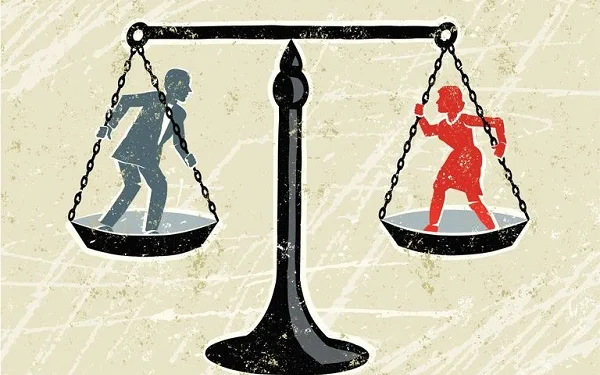Women’s rights are human rights that have been protected by international law and the United Nations for more than 70 years. Women have the right to live free from violence, slavery and discrimination. Women have equal rights to be educated, to own property, to vote and to earn fair and equal wage like all others taking part in the labor market.
Unfortunately, throughout the world, and even in the Republic of North Macedonia, women and girls face denial of their rights, discrimination and violence, simply because of their gender.
On the occasion of International Women’s Day, March 8, but also every day, CIVIL is raising its voice in support of all women in the world, and demands an end to discrimination and violence against women. CIVIL demands from the institutions, decision-makers and legislators to strengthen procedures and processes for consistent respect for all human rights and freedoms, and thus also rights related to gender equality. This also implies consistent implementation and promotion of laws on protection of human rights and freedoms and protection against gender-based discrimination. State and local self-government institutions, as well as society as a whole, must work on emancipation and respect for women’s rights. Unfortunately, observing International Day of Women’s Rights in our society for decades has been reduced to an extremely low understanding of human rights and freedoms, and thus of gender equality as well, which is guaranteed by the Constitution, laws and international law.
Equal representation of women of 50% in institutions and in decision-making structures is a given and must be implemented as soon as possible.
CIVIL demands from the Parliament and from the Government to implement effective legal measures and to introduce practices of strictest sanctioning of any action that puts a woman in a subordinate position or discriminates her at the workplace, in the family, in public or any other place or situation. The media and civil society organizations have an obligation to manifest higher responsibility and to work on civic education for gender equality.
CIVIL reminds of the proposal it published in 2018, for March 8 to be declared a non-working day for all women in the country.
March 8, in society and in politics should be recognized as an occasion for action, not to be used for formal celebrations and declarations, but rather for promotion of essential gender equality.
Everyone must get involved in order to put an end to gender discrimination and violence!

















